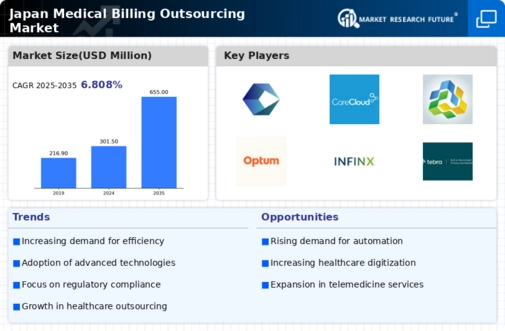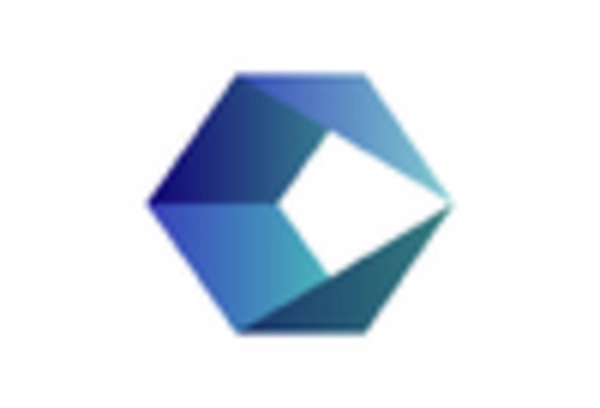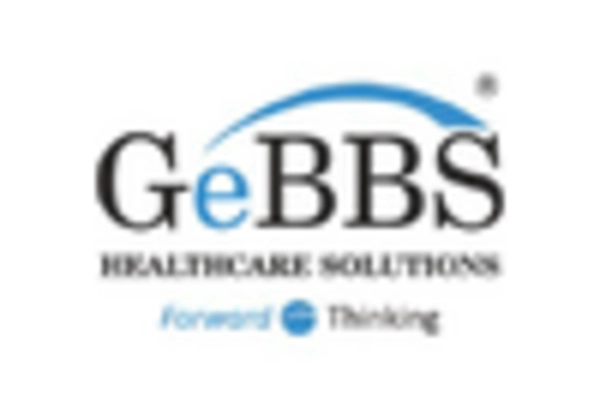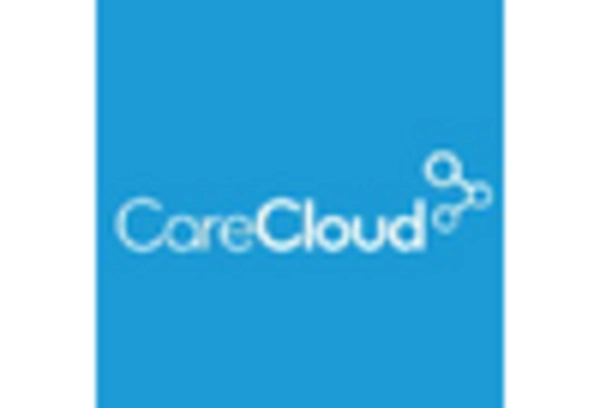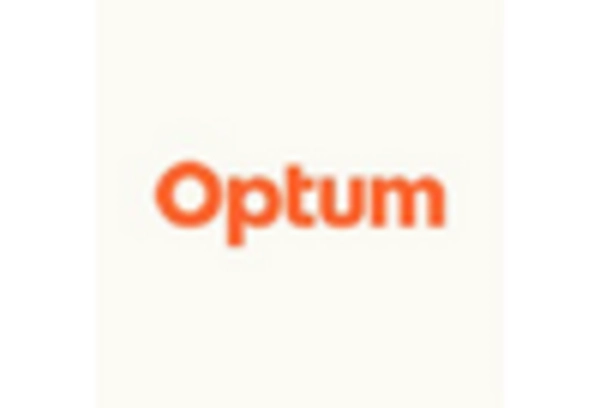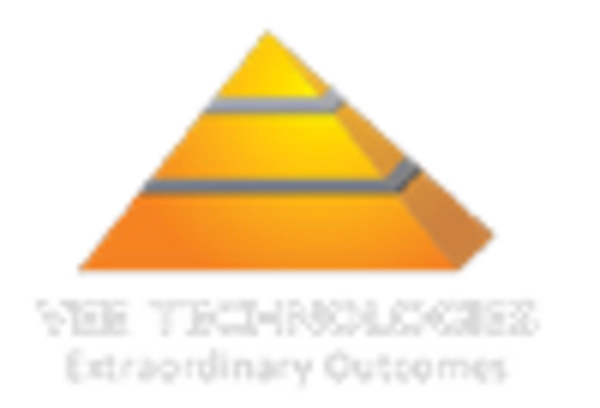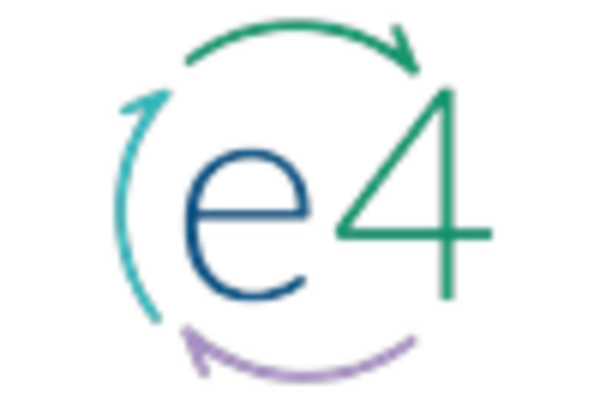Focus on Data Security and Privacy
In the context of the medical billing-outsourcing market, data security and privacy have become paramount concerns for healthcare providers in Japan. With the implementation of stringent regulations such as the Act on the Protection of Personal Information, organizations are compelled to ensure that patient data is handled securely. Outsourcing billing functions to specialized firms that prioritize data security can mitigate risks associated with data breaches. This focus on safeguarding sensitive information not only enhances trust among patients but also aligns with compliance requirements, thereby driving the demand for outsourcing services in the medical billing-outsourcing market. As a result, companies that demonstrate robust security measures are likely to gain a competitive edge.
Rising Demand for Healthcare Services
The medical billing-outsourcing market in Japan is experiencing a notable surge in demand for healthcare services. This increase is driven by an aging population, which is projected to reach 36.5% of the total population by 2040. As the number of elderly individuals rises, healthcare providers are compelled to enhance their operational efficiency, leading to a greater reliance on outsourcing medical billing functions. This trend is further supported by the need for specialized billing expertise, which can streamline revenue cycles and reduce claim denials. Consequently, healthcare organizations are increasingly turning to outsourcing solutions to manage their billing processes effectively, thereby contributing to the growth of the medical billing-outsourcing market in Japan.
Cost Efficiency and Resource Allocation
Cost efficiency remains a critical driver for the medical billing-outsourcing market in Japan. Healthcare providers are increasingly recognizing the financial benefits of outsourcing billing functions, which can lead to significant savings in operational costs. By reallocating resources from billing to core healthcare services, organizations can enhance patient care while maintaining profitability. Reports indicate that outsourcing can reduce billing costs by approximately 20-25%, allowing healthcare providers to invest in other essential areas. This focus on cost management is likely to continue influencing the decision-making processes of healthcare organizations, thereby fostering growth in the medical billing-outsourcing market.
Increased Focus on Revenue Cycle Management
The medical billing-outsourcing market is witnessing a heightened emphasis on revenue cycle management (RCM) among healthcare providers in Japan. Effective RCM is crucial for maintaining financial health, especially in a competitive healthcare environment. By outsourcing billing functions, organizations can enhance their RCM processes, leading to improved cash flow and reduced days in accounts receivable. This trend is particularly relevant as healthcare providers strive to optimize their financial performance amidst rising operational costs. The potential for outsourcing to deliver specialized RCM expertise is driving more healthcare organizations to consider these services, thereby contributing to the expansion of the medical billing-outsourcing market.
Technological Advancements in Billing Processes
Technological advancements are reshaping the landscape of the medical billing-outsourcing market in Japan. The integration of artificial intelligence (AI) and machine learning (ML) into billing processes is streamlining operations and improving accuracy. These technologies enable faster processing of claims and reduce human errors, which can lead to increased revenue for healthcare providers. According to recent estimates, the adoption of AI in healthcare billing could potentially reduce operational costs by up to 30%. As healthcare organizations seek to leverage these innovations, the demand for outsourcing partners that offer advanced technological solutions is likely to rise, further propelling the growth of the medical billing-outsourcing market.


